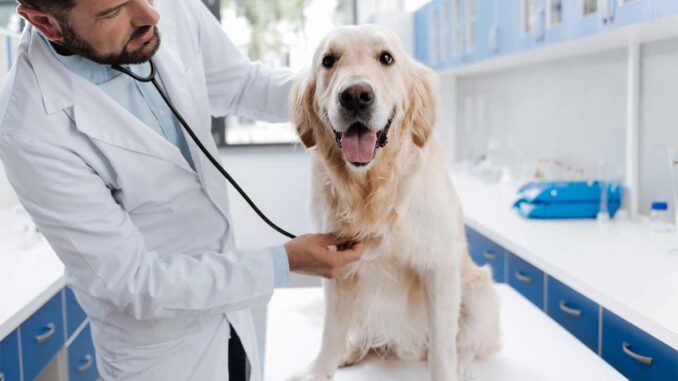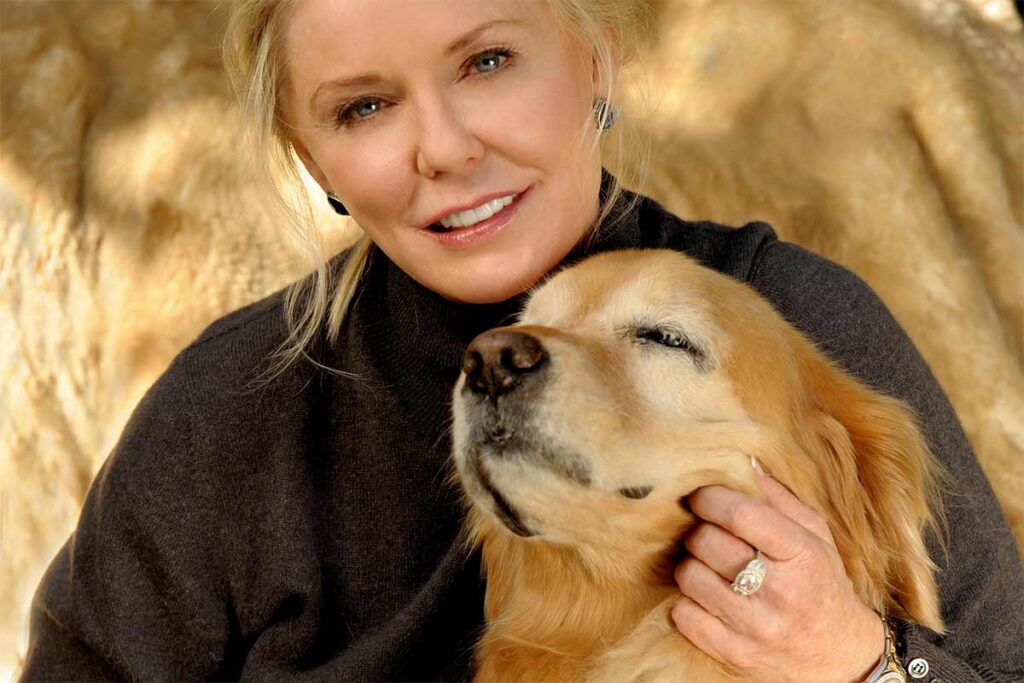
This article was updated on January 10th, 2023
Owners develop a special bond with their old dogs; over years of unquestioned loyalty and unwavering companionship that bond only strengthens with time. Perhaps you and your old dog have shared many family experiences from watching children leave the household to study or work, relocating to a new city, welcoming new pets into your home or new children into the world. Through helping your canine friend grow from a puppy to a senior dog they become a loved member of the family.
Watch Our Video: Top Tips
Watch our video below or keep reading!
Unfortunately, a dog’s lifespan isn’t as long as our own and as a result most owners will notice their once bouncy and energetic companion start to slow down at some point. Your dog may still be a puppy in your eyes, but old age can’t be avoided and it eventually catches up with all of us – but that doesn’t mean that nothing can be done to make the transition for your dog easier. It is essential to be aware of the common senior dog diseases before putting any symptoms you may have noticed ‘down to old age’.
Top Tips to Care for An Old Dog

Give your dog a balanced diet
A balanced diet plays a big role in maintaining good health in elderly dogs. As your dog ages, they generally become less active and so their ‘Resting Energy Requirements (RER)’ reduce – that is, the number of calories they require to survive. The energy they once may have burned off by staying active instead must be accounted for in the diet so as to prevent unwanted weight gain; elderly dogs therefore require fewer calories, with more emphasis on higher quality proteins and fats. Watch out for diets branded as ‘old dog food’: there is no real legal requirement or definition of what constitutes a ‘senior’ dog food. As a rule, you can’t go wrong with Royal Canin or Hill’s. Learn more about food for old dogs.
Build a baseline profile
Your dog may be currently in very good health. However, understanding their baseline health will likely prove to be very useful later in their senior years. We recommend that you ask your veterinarian to perform a full clinical exam with blood work. This will give your veterinarian a reference point for comparison when your dog becomes older and/or sick. It will also help pick up early indicators of a new disease, allowing for a faster treatment and better recovery for your dog.
Go to your vet once a year
Annual vet visits will allow your local veterinarian to keep vaccinations up to date and perform a thorough exam to pick up on any changes that can occur from year to year.
Monitor for changes in your dog’s weight, and food/water intake
Keeping track of your dog’s weight and monitoring your dog’s water or food intake will help you detect changes early on. Many diseases start with very small and subtle changes in these parameters, so being aware of them will allow you to take action faster, and your dog will benefit from more effective treatments (see ‘common problems to watch for’)
Perform a basic exam of your dog yourself
In addition to monitoring your dog’s water and food habits and going to the vet regularly, performing a basic examination of your dog on a weekly or monthly basis can help detect changes early: pay attention to your dog’s skin in particular if your dog has thick fur. Fur can hide new growths, lumps or bumps that should be looked at quickly by your veterinarian. Any areas of hair loss or discoloration, or any new lumps, should be investigated quickly.
Disclaimer: This website's content is not a substitute for veterinary care. Always consult with your veterinarian for healthcare decisions. Read More.


Be the first to comment